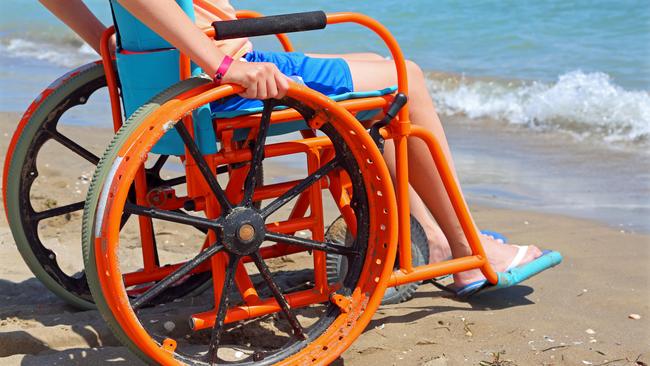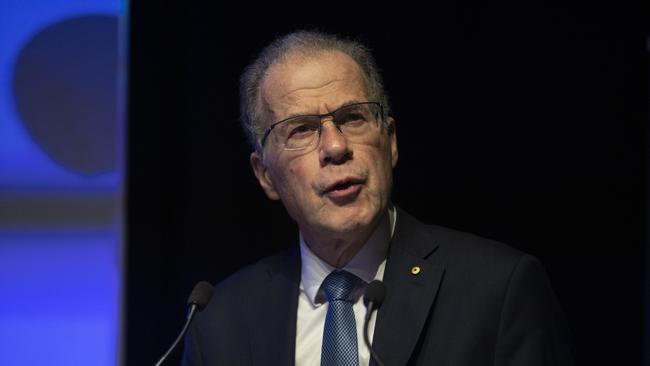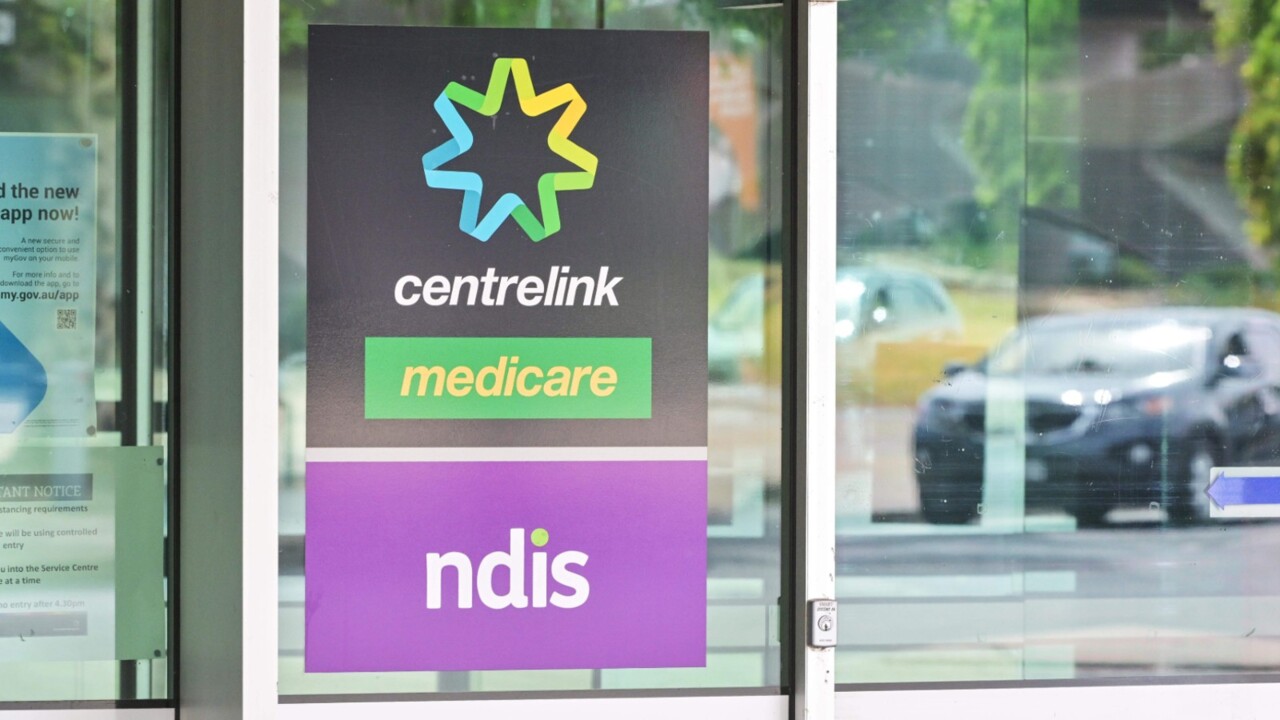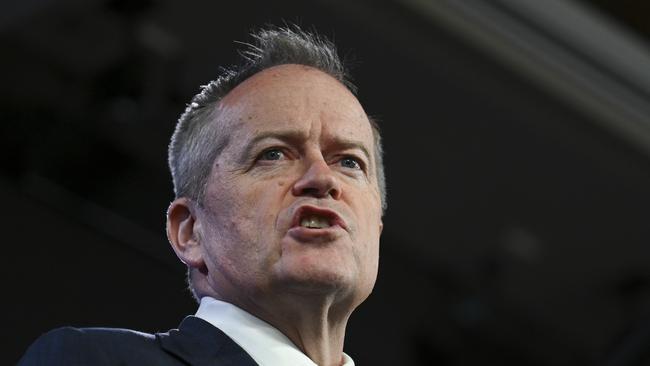Costs row on NDIS ‘failing children’, says Bruce Bonyhady
Tens of thousands of children with disabilities are being denied a proper education as the NDIS and state education systems fail to cooperate.

Tens of thousands of children with disabilities are being denied their best start in life through a proper education as state and federal governments look to push responsibility and costs into either the National Disability Insurance Scheme or state education budgets, a key disability reformer warns.
In his first interview since handing down the NDIS review in early December, review co-chair Bruce Bonyhady said improving the education of children with disability should be a critical short-term priority for both tiers of government.
“The whole approach has been to try and draw hard boundaries between the NDIS and education, when they need to work together to jointly support the needs of children with disability,” he said.
“It has led to really poor experiences of education for too many children. That one in five people with disability left school before the age of 16 compared to one in 11 without and that many children with disability are being home-schooled or missing schooling says it all.”
Of the 630,000 participants in the $42bn-a-year NDIS, 330,000 are 18 or under, far more than originally envisaged when the scheme commenced a decade ago. The majority of under-18s have a diagnosis of autism or developmental delay. One in nine 5-7-year-old boys in Australia is on the scheme.

An example of the tension between the NDIS and state education systems is NDIS-funded therapists looking to access classrooms to support individual children. While this might suit the student it is often seen by teachers as disruptive to the class, and in some classes around the country there may be more than one.
The review recommends a co-ordinated approach where an NDIS lead practitioner or an allied health key worker works with families and schools to make the curriculum accessible for the child, including creating a classroom environment that makes them feel safe.
“The two systems, NDIS and education, must lean into each other for the best outcomes for tens of thousands of children,” Professor Bonyhady said. “There is no time to lose.”
NDIS Minister Bill Shorten commissioned the scheme review in October 2022. With the scheme costing $42bn this year, and with annual increases hitting 17 per cent and heading toward a $100bn annual bill by 2032, part of its remit was to find ways to bring costs under control. The other was to improve the experience of those on the scheme.
The review recommends a fundamental shift away from the NDIS being the “only lifeboat in the ocean” for people with disability by ensuring only those with high levels of need are on it.

Its 26 recommendations and 139 actions set out a five-year pathway to sustainability, proposing federal and state governments provide more “foundational supports” outside the scheme for those with less severe disabilities in mainstream settings such as schools, childcare and in the community.
A new state-federal deal to help cover the cost of these supports outside the scheme was agreed at the last national cabinet in December. They will each take on a 50-50 share of the new support costs, though the federal government has agreed to a new GST distribution deal to help the states cover their share, worth an estimated $10bn over five years.
But all governments are still working on their detailed response to the review’s recommendations, including what the foundational supports will include.
Mr Shorten said the federal government will provide its response in the first half of 2024, calling on the states to work with the commonwealth to “finish the job and reboot the NDIS”.
“The responsibility we share is bigger than the eternal tug of war of commonwealth-state relations,” he said. “This is about the lives of the one in five Australians with disability. That’s 4.5 million people, including 2.5 million who are under 65.

“It’s about our obligation as a society to assist Australians with disability and their families to be able to live a fulfilling life.”
A spokesman for NSW Disability Inclusion Minister Kate Washington said national cabinet had “agreed to design additional foundational supports to be jointly commissioned by the commonwealth and the States”.
“These supports will represent a new partnership approach between various levels of government, which will benefit students, teachers, parents, carers and support workers,” he said.
Professor Bonyhady said another key reform area meriting attention from governments was the pricing of NDIS services.
“At present the approach to setting price caps does not sufficiently allow for complexity or location,” he said.







To join the conversation, please log in. Don't have an account? Register
Join the conversation, you are commenting as Logout